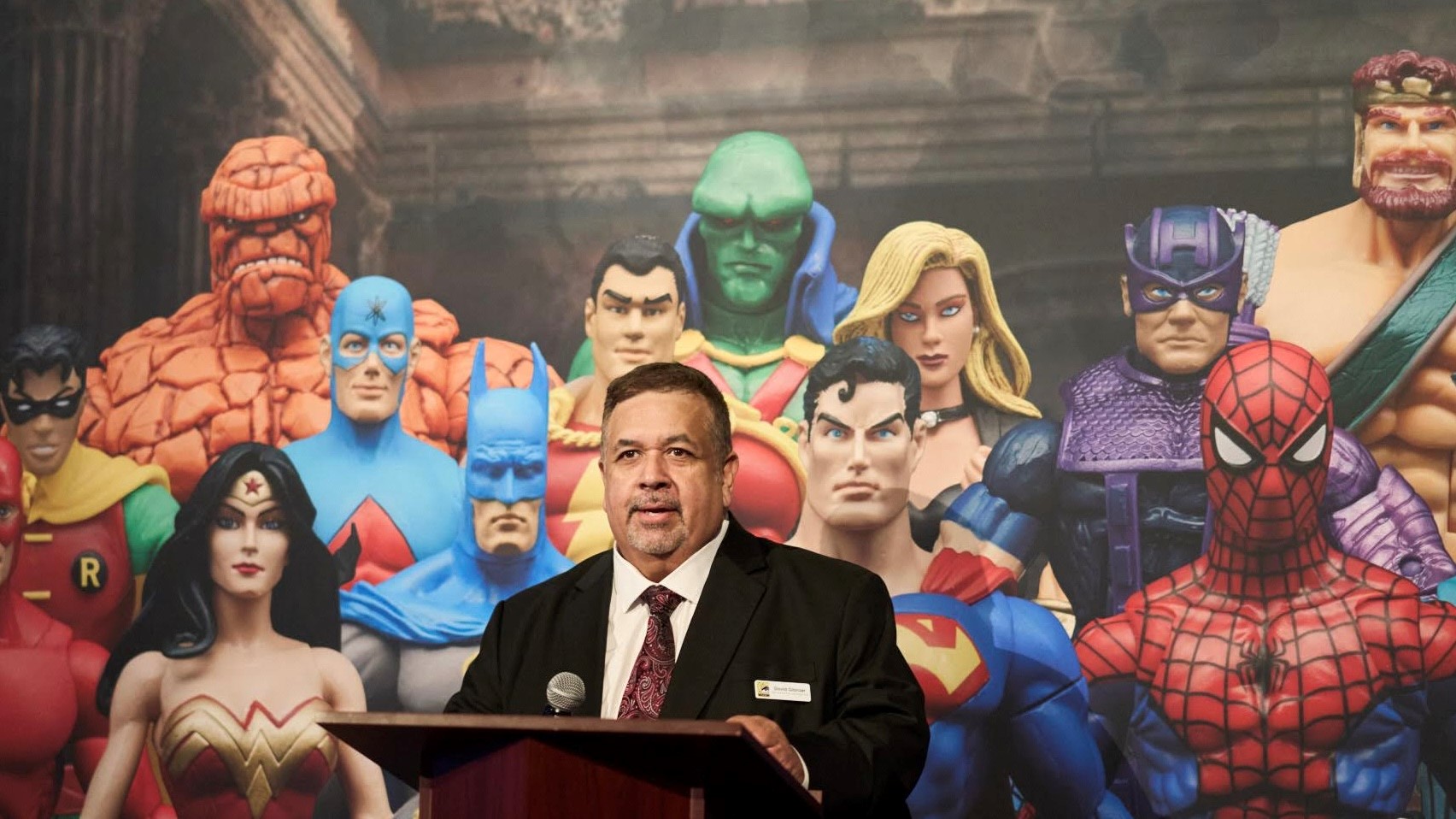Think intellectually challenging and socially engaging, not ‘Animal House’
In almost any job interview, you will hear the candidate ask the question “What’s your culture like?” There’s good reason for this: Nobody wants to work for a company that doesn’t recognize the importance in fostering an environment that is both rewarding and enjoyable for its employees. According to the Bureau of Labor Statistics, employed persons ages 25-54 spend an average of nearly nine hours each day working. With that kind of investment, is it any wonder employees are seeking a fulfilling work experience?
Netflix famously earned kudos (and more than 17 million views on Slideshare) when its culture policy went public. In the document, the company revealed that employees are allowed to responsibly take as much vacation time as they want and that it pays top dollar “because one outstanding employee is worth more and costs less than two adequate ones.”
Despite the logic, and how well this approach has worked for Netflix (it became one of the most desirable places to work), few companies are as flexible or forward-thinking. So what should good corporate culture look like and how does one create it?
The answer can be found in college life. Before your mind goes straight to Animal House, hear me out. Any well-rounded university offers its students a vibrant environment that is as intellectually challenging and educational as it is sociable and fun. In the agency and corporate world, this same mix will help you attract quality employees, keep them engaged, and instill loyalty (said this employee who has been with the same company for 22 years).
Whether your employees are millennials, Gen Xers, baby boomers or a combination thereof, here’s what you can learn from college to create a workplace culture appreciated by all:
Expand their minds.
Students go to college to learn new things, be intellectually challenged and experience alternate points of view. The same is true for any employee, and if they aren’t getting this in their present job, they’ll move on to find it elsewhere. Many companies provide things like on-the-job training or in-house “universities” that teach staff new skills. But, if they really want to keep their employees engaged, they need to think outside the box. One of my agency’s employee programs, Trading Places, allows staffers to switch roles with a colleague in another city for one month. Akin to an academic exchange program, this gives participants a new perspective of the organization and our culture on both a macro and micro level.
Explore extracurriculars.
Students quickly learn that college is a lot of hard work and late nights – great preparation for that transition to a career with the same requirements. Looking to relieve some stress and add balance, students often explore endeavors such as Greek Life or student government, and extracurricular activities like sports or music.
While the corporate world is well aware of employee burnout, few companies look beyond things like stocking a snack bar or hosting the occasional after-work happy hour. Don’t be afraid to get creative with how you engage and provide relief for your staff. Activities could include a cooking competition or companywide fitness challenge. Offering sabbaticals or opportunities for additional time off have also become very popular. These culture enhancements do more than just afford work-life balance; they yield opportunities for bonding between colleagues as well as show employees that the company genuinely cares about them.
Create a path to success.
College is a time of great exploration – when the ambitious seek out opportunities to take on greater responsibilities, such as an internship, and prove they have what it takes to succeed.
Employees want the same opportunities for advancement from their workplace. They want to be challenged and provided with a growth plan that offers a view to their future. Moreover, they want to know that their voice matters…and that their office is listening. To foster a good culture, a company has to be willing to periodically ask its people what it can do better and, more importantly, listen to what they have to say and act upon it.
Just as students graduate and move on, employees grow and advance, and this often affects what they would like to see in their corporate culture. Companies need to recognize that their culture should evolve along with their employees’ wants and needs; if they change, you should too. Keeping your work environment fresh will yield more satisfied employees, lower staff turnover and provide a great answer the next time somebody asks you what your culture is like.
A version of this article originally appeared in Entrepreneur.
Share This Story, Choose Your Platform!
Written by: Donovan Roche
Posted on: May 9, 2018
Donovan Roche is Vice President of Growth at Havas Formula, which has been recognized as one of the best agencies to work for in North America.




